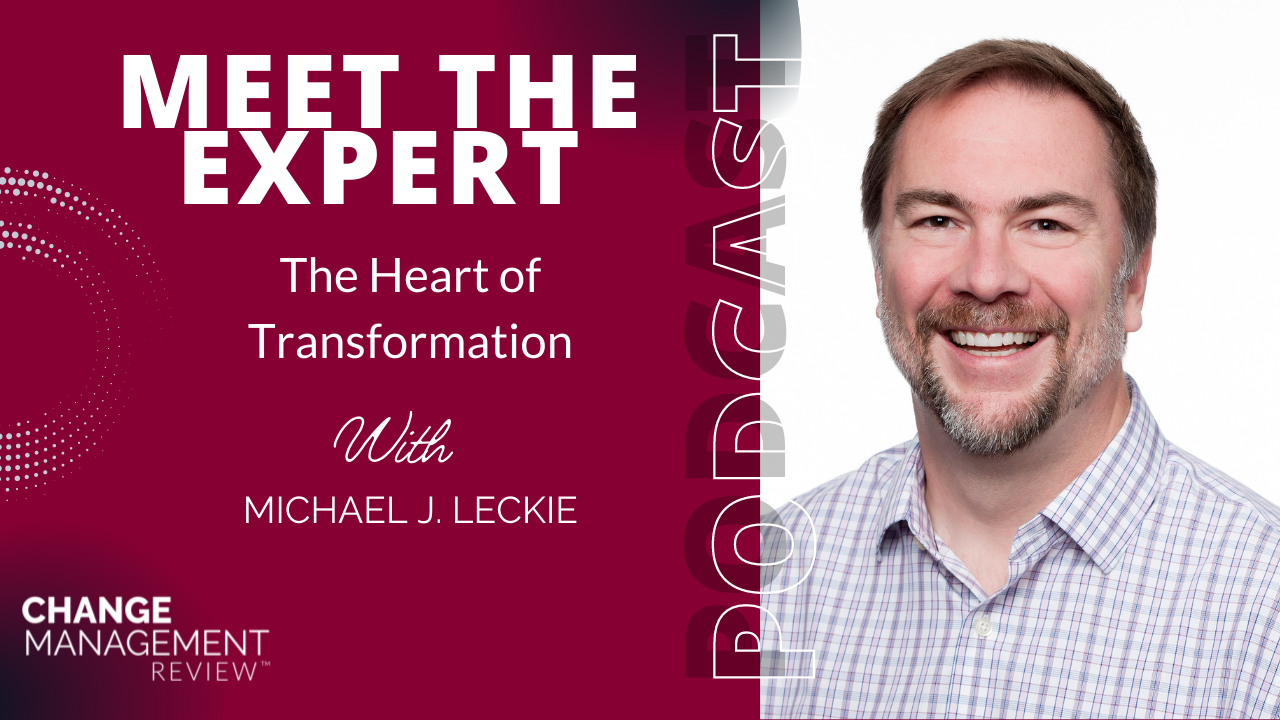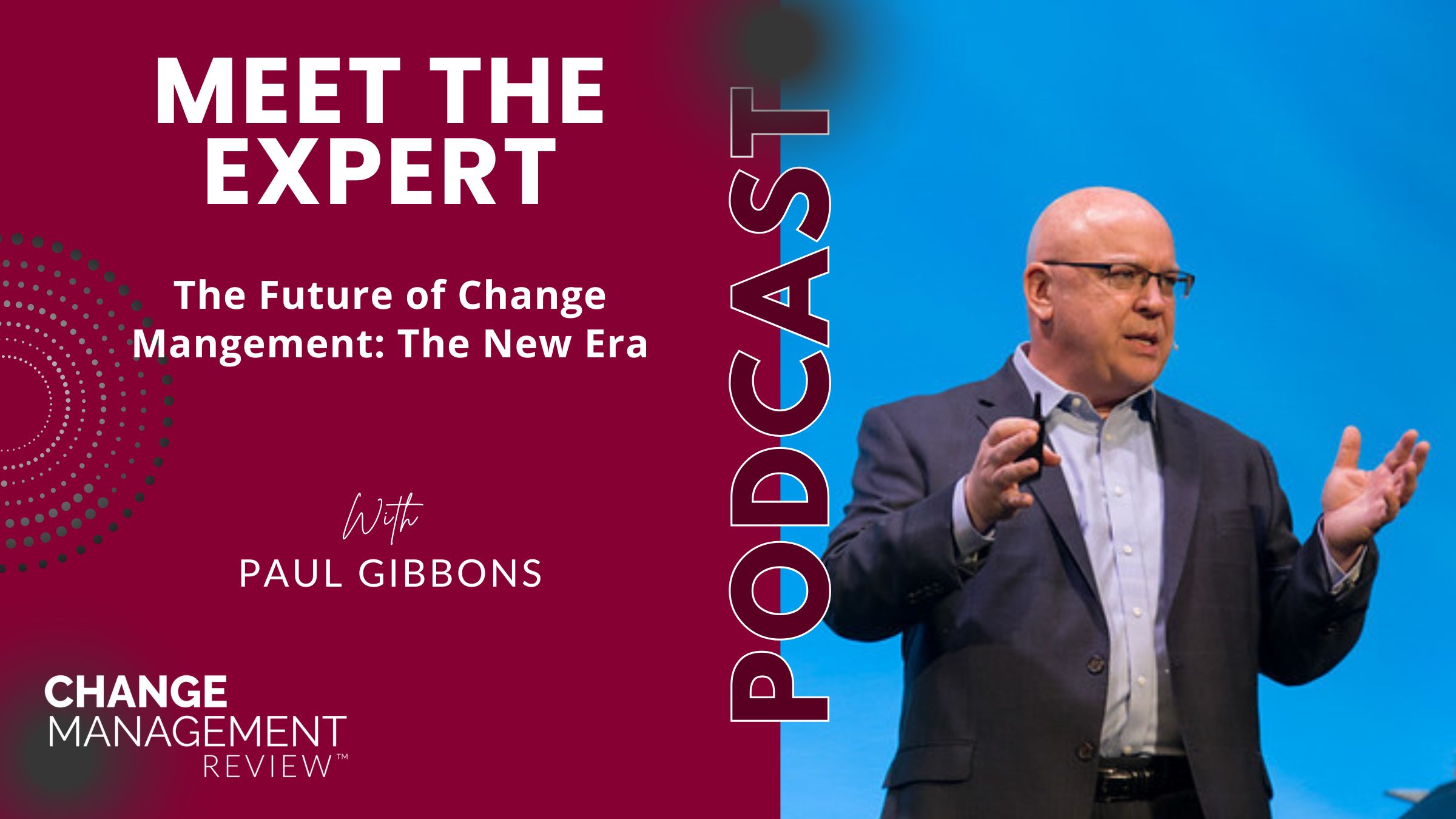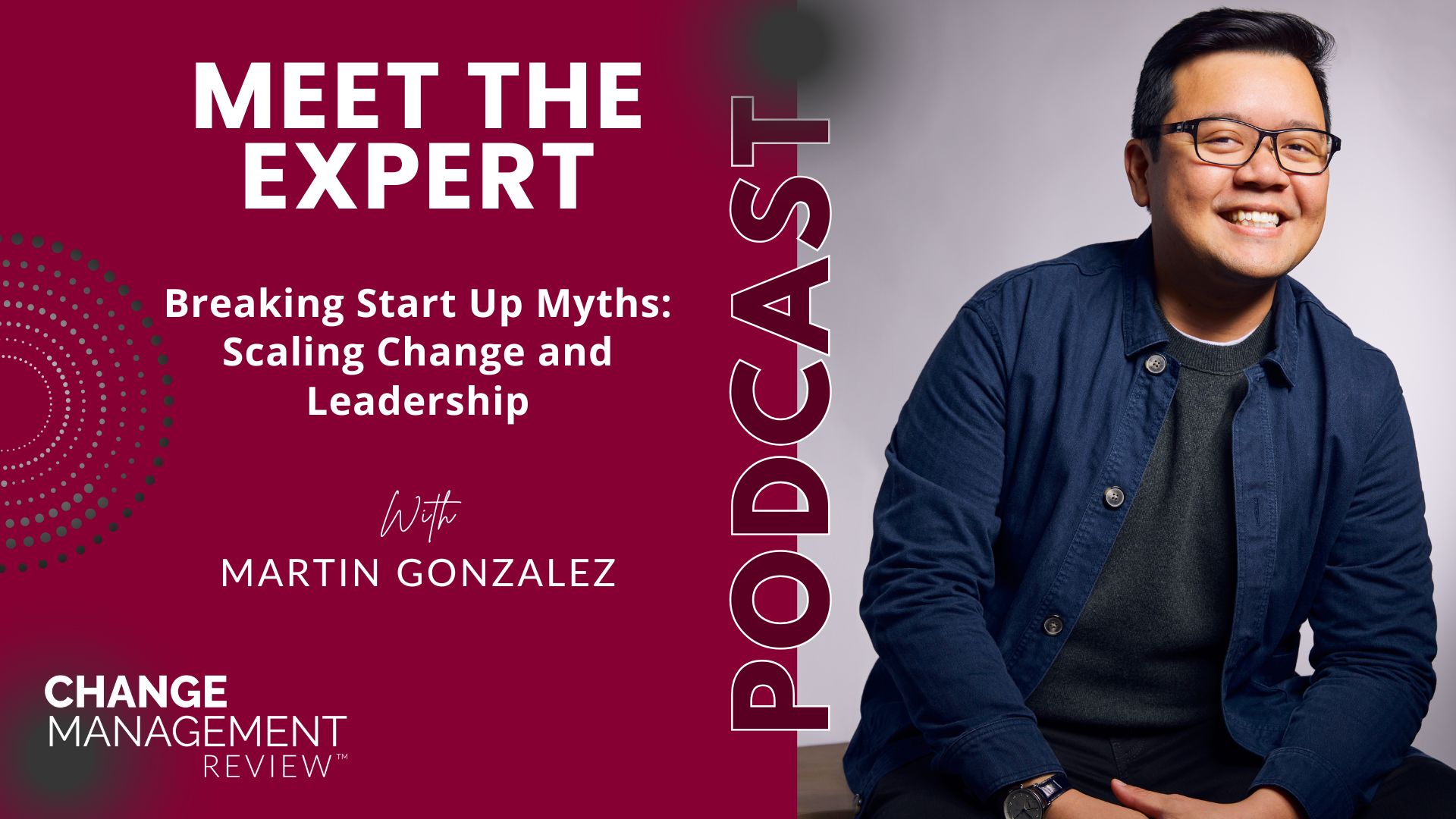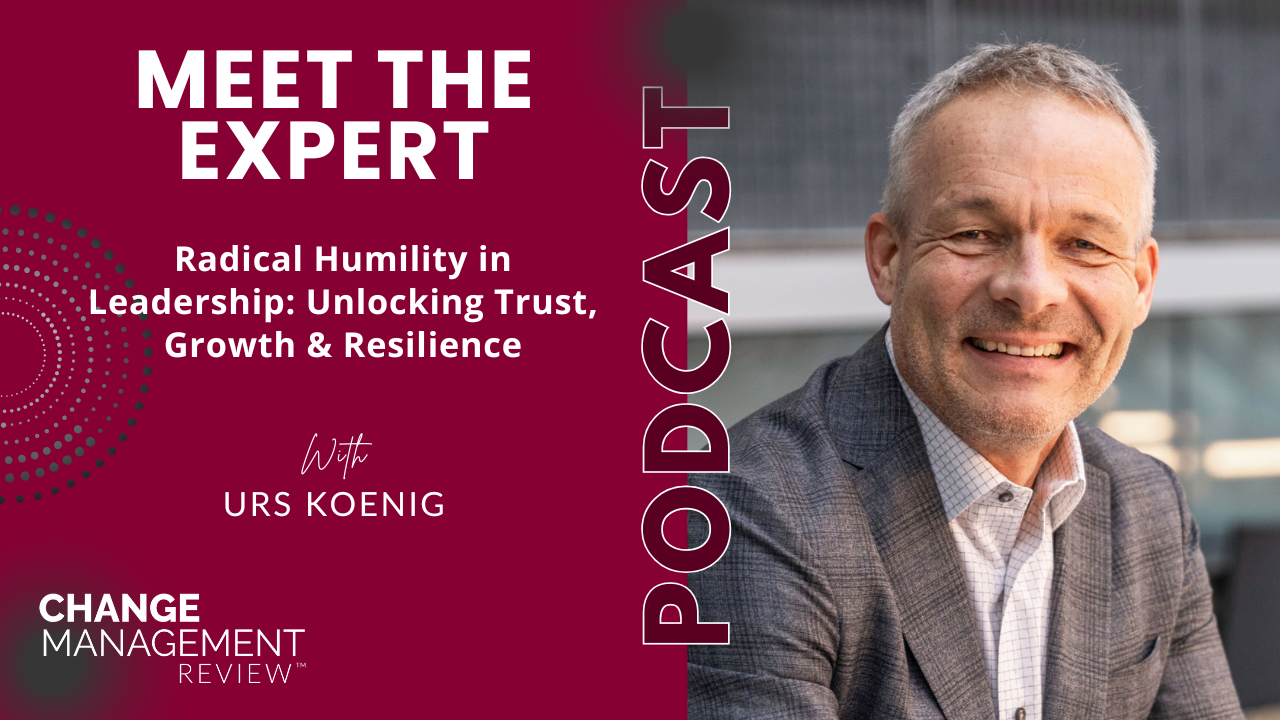In The Heart of Transformation: Build the Human Capabilities That Change Organizations for Good, Michael J. Leckie writes, “Throughout this book I will be talking about individual change as the basis for all change.” Michael and Managing Editor Brian Gorman explore the author’s perspective of organizational change as people-centric and how that perspective leads to a fundamentally different approach to organizational change management.
Tune in and listen to Michael J. Leckie’s answers to questions such as:
- You write, Organizations don’t exist. Only people exist. And an organization is simply an organized body of people with a particular purpose. As we talk about transformation, what is important about taking this perspective of organizations?
- Quoting from The Heart of Transformation, In the end, organizational structures are simply the rules or restrictions we put on who talks to whom about what. This is important because it means the power to change lies not in structure but in dialogue.” Judith E. Glaser, the renowned researcher on the neuroscience of conversation, wrote, To get to the next level of greatness depends on the quality of the culture which depends on the quality of the relationships, which depends on the quality of the conversations. Everything happens through conversation. What do you see as the most important changes in our approach to transformation to ensure that the level of dialogue that both you and Judith refer to takes place?
- As a certified coach, one of the foundations of my work with clients is curiosity, quite literally asking questions for which I don’t have answers. You write, Curiosity is at the heart of transformation. Historically, the practice of change management has been a consultative process. As you may be aware, the Association of Change Management Professionals and the International Coaching Federation are currently exploring the intersection of the two professions. What do you see as the role of coaching in organizational transformation?
- In writing about the shift from the industrial age to the age of the knowledge worker, Peter Drucker noted that in the former, the people served the system while in the latter, the system needs to serve the people. While you refer to “process” rather than “system,” you seem to be echoing Drucker’s perspective. This is also one of the key drivers we see behind the great resignation/great reshuffling. People are no longer willing to be seen as interchangeable, easily replaceable parts. What is required to ensure that this shift in the role of process takes place and is sustained over time?
- For me, the heart of The Heart of Transformation is what you refer to as six human capabilities that drive transformation. Could you briefly describe each of them?
- You state that A new reality of organizations is that managing change and transformation is leadership’s job working with everyone, not the job of Human Resources or a consultant working with some specialist function or team. Why? What are the implications for both leadership and for the change management profession?
- In the world of professions, change management is relatively new. I often tell practitioners that what I learned when I first trained in 1988 still holds true today. And our depth of understanding continues to unfold every day. In this way, hopefully each of us is what you refer to as a “learning worker.” You write, The learning worker has one very crucial individual they have to be sure they learn about. A being who is slippery, who tells them subtle lies, who resists being questioned. Themselves. As we look at change management practitioners through this lens, why is this observation so important?
About Michael J. Leckie:
Michael J. Leckie has spent his career helping people to make sense out of the world around them. He knows that it is the stories we share that guide us in discovering what we might become and living up to all we can be. He has been sharing the stories of change and transformation for over 20 years in all parts of the world. In his work with Gartner’s Executive Programs, he led the work to reshape what the idea of help truly meant to Gartner’s CXO clients and to ensure that his teams worked with their clients to find the right problems, not just work on solutions to the problems presented. In addition to his time at Gartner, Michael has held global roles for industry-leading companies in both people-centered roles and general management. Michael is Founding Partner of Silverback Partners, LLC.






